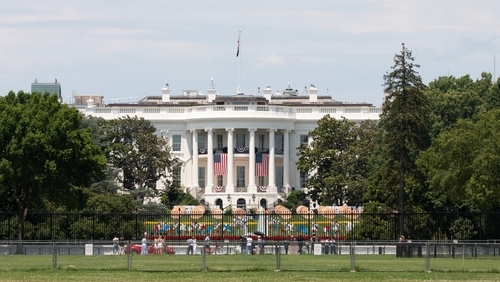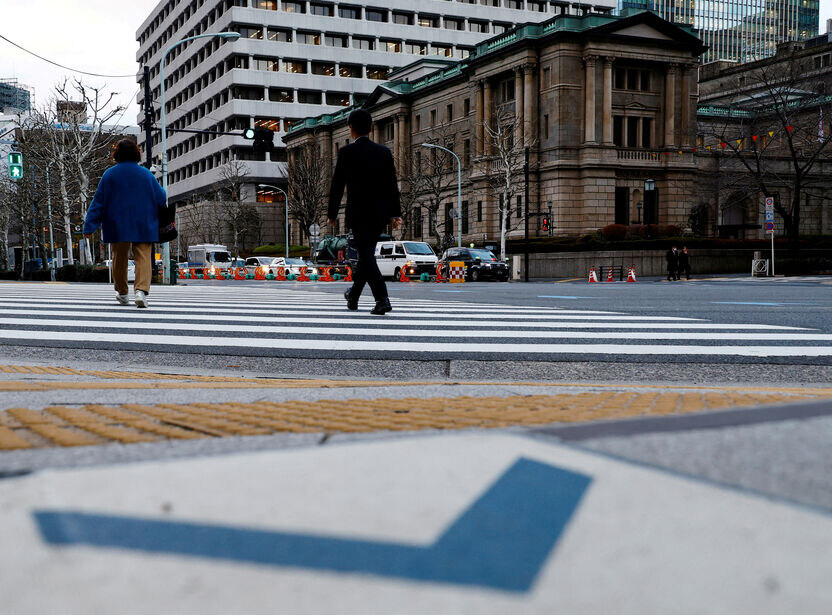BREAKINGVIEWS-AstraZeneca picks canny time to shake down the UK

By Aimee Donnellan
DUBLIN, Sept 15 (Reuters Breakingviews) - Big companies have long used their heft to pressure governments into giving them special treatment. Over the years, HSBC HSBA.L, 0005.HK has repeatedly threatened to quit the UK over an increasing tax take from the banking sector. AstraZeneca AZN.L, Britain’s largest listed company, is the latest pharmaceutical company to demand more government help. Prime Minister Keir Starmer's weakened state means the drugmaker has a good shot at getting its way.
Starmer’s pledge to bolster business has taken a pounding in the past week. Last Wednesday, Merck & Co MRK.N scrapped plans for a 1-billion-pound new research and development centre in London after citing the UK’s challenging business environment. Then on Friday AstraZeneca announced it is putting a 200 million pound investment in Cambridge on pause which was set to create 1,000 jobs. That followed the UK group's scrapping of a 450-million-pound vaccine plant in January.
These announcements will do little for Starmer’s tanking popularity. According to a YouGov survey conducted in August the prime minister has the second worst approval rating of any European leader bar France’s Emmanuel Macron. He is facing an increasingly popular opposition in the Reform Party led by Nigel Farage, and even members of his own party are questioning his abilities. More importantly, the UK economy is not growing and July marked the biggest contraction in manufacturing output in a year, according to the Office for National Statistics (ONS). That may force Starmer to raise taxes.
This weakened position may explain the timing of Pascal Soriot’s demands. Sources have told Breakingviews that the AstraZeneca boss is particularly incensed by the UK’s failure to invest in new medicines. And on that front, he has a point. The UK only invests around 9% of its healthcare budget on drugs, which lags other developed countries. This modest drug spend means AstraZeneca’s breakthrough breast cancer drug Enhertu is not covered by the government-backed National Health Service.
AstraZeneca has a strong hand. It only makes 1.5% of its $54 billion of revenue in the UK but invests $4 billion there each year in research and development. Soriot could threaten to shift even more of his UK budget to the U.S. to curry favour with President Donald Trump, who is threatening to impose tariffs on drug groups. That would fatally undermine Starmer’s pledge to build up life sciences and lure investment to the UK.
Soriot is also giving the government an out. He currently has the Cambridge investment on hold, which suggests that if Starmer agrees to spend more on drugs it may still go ahead. That should also help patients, especially since Enhertu is particularly effective at tackling stubborn breast cancer tumours. Given Starmer's weakness, he is likely to fold. That, however, may make him even more vulnerable to shakedowns from other companies and sectors.
Follow Aimee Donnellan on LinkedIn.
CONTEXT NEWS
Britain's biggest company AstraZeneca paused a planned 200 million pound ($271.26 million) investment in its Cambridge research site, a spokesperson said in an exclusive Reuters report published on September 12.
The decision on the investment, which had been set to create 1,000 jobs, means none of AstraZeneca's planned funding for new UK projects - originally announced in March 2024 - is currently proceeding.
In January, the company scrapped plans to invest 450 million pounds in its vaccine manufacturing plant in northern England, citing a cut in British government support.
U.S. drugmaker Merck & Co on September 10 blamed the UK's challenging business environment as it abandoned a new research centre in London.
Shares in AstraZeneca were down 3% by 0820 GMT on September 15.








